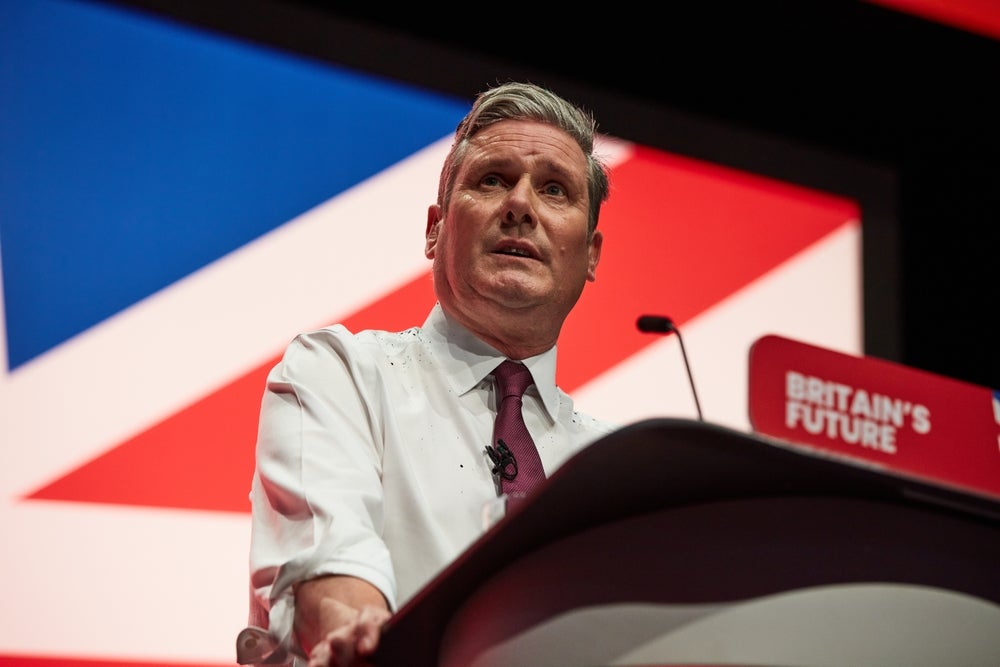
A share in a new £270m for ‘disruptive technologies’ and £690m for local authorities to tackle urban congestion were among the motoring highlights in the Spring Budget 2017 delivered by chancellor Philip Hammond.
The £690m is part of the Governments National Productivity Investment Fund (NPIF), introduced as a way to improve productivity through investment in (among other things) economic infrastructure.
The money will be competitively allocated to a local authorities, with £490m made available to early autumn 2017.
In addition, the government said it had completed a strategic study on relieving congestion in the south-west sections of the M25, and will now develop options of the next Road Investment Strategy. The Budget announces regional allocations of the £220m NPIF investment for pinch points on the strategic road network, with details of individual schemes to be announced by Department for Transport in the future.
An Industrial Strategy Challenge Fund (ISCF) was also announced, which Hammond said would support collaborations between business and the UK’s science base. The £270m fund was described as an ‘initial investment’ designed to kick-start development of disruptive technologies that have the potential to transform the UK economy. Some of these funds will be used for the development, design and manufacture of batteries for electric cars. Hammond also mentioned driverless technology when presenting ISCF to Parliament.
Other measures mentioned or announced included another freeze in fuel duty – the seventh consecutive year of no rise, as well as the fact that the Government is exploring the appropriate tax treatment for diesel vehicles, and will engage with stakeholders ahead of making any tax changes at Autumn Budget 2017.
How well do you really know your competitors?
Access the most comprehensive Company Profiles on the market, powered by GlobalData. Save hours of research. Gain competitive edge.

Thank you!
Your download email will arrive shortly
Not ready to buy yet? Download a free sample
We are confident about the unique quality of our Company Profiles. However, we want you to make the most beneficial decision for your business, so we offer a free sample that you can download by submitting the below form
By GlobalDataResponses
Overall, the budget didn’t present anything dramatically unexpected from the motoring industry. This was reflected by Paul Burgess, chief executive officer at Startline Motor Finance, who said: “There was little in this Budget that will have a direct impact on the motor industry but the general feeling that the Chancellor projected was that the economic outlook is much more stable than was widely forecast immediately post-Brexit, despite the prediction that growth will fall slightly to 1.6% in 2018.
“If this turns out to be accurate, we are looking at reasonably good conditions in which dealers can plan and operate in the medium term, which is good news.”
Mike Hawes, SMMT chief executive, said he was looking forward to to working with government to encourage the uptake of the latest, low emission vehicles, regardless of fuel type.
He added: “Nearly one in two new car buyers chose a diesel last year and getting more Euro 6 diesels on the road will be part of the solution as we also strive to meet our climate change targets. Measures to reduce congestion will help as will funding announcements for the design and development of battery technology. The UK is Europe’s number one electric vehicle market, but consistent and long term government support is essential if we are to retain this position.”
John Leech, head of automotive at KPMG UK was particularly pleased with the £270m ISCF, describing it as a ‘a welcome boost for automotive companies.’ He added: “This investment will enable the UK to be an early adopter of shared-use driverless cars and Britain’s consumers will enjoy the largest cost savings in the world from this technology. The measures announced today by the Government will support the development of internationally competitive businesses in the rapidly evolving mobility ecosystem.”
James Tew, chief executive officer of iVendi said the Budget was designed to project a sense of caution and stability following the EU referendum. Overall, he said: “The general economic picture being forecast is much stronger than many predicted just a few months ago and there is a limited amount of evidence to suggest that new and used car buyers won’t continue to buy vehicles in historically high numbers in showrooms and online through throughout 2017 and into 2018. The only caveat is that all of this only applies if the outlook is accurate.







